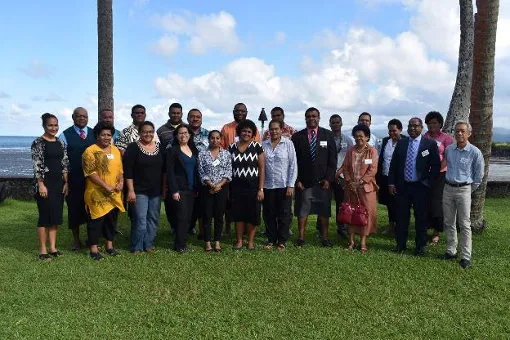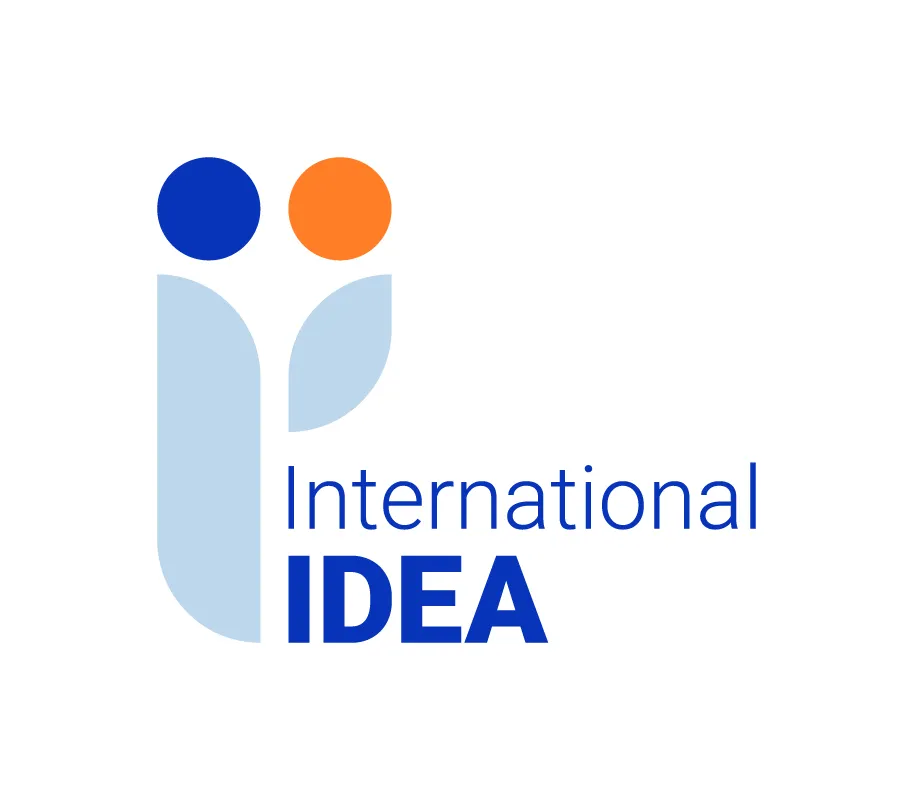Representatives of International IDEA Member States in Brussels discuss the implementation of the Agenda 2030 Sustainable Development Goals

The Office of International IDEA to the European Union (EUO) facilitated a meeting of representatives of International IDEA Member States in Brussels on Tuesday, 07 June 2016 to discuss the “Implementation of the Sustainable Development Goals (SDGs): The realisation of Goal 16 of Agenda 2030”.
The meeting, the first of the 2016 bi-annual meetings of representatives of International IDEA Member States in Brussels, was hosted by the European Institute for Asian Studies (EIAS), and chaired by H.E. Mr. Khishigdelger Davaadorj, Ambassador of Mongolia to the European Union and Local Chair of the Council of International IDEA Member States.
In addressing the representatives of 21 Member States present at the meeting, Dr. Jan Vandemoortele, Independent Researcher, and co-author of the Millennium Development Goals (MDGs), said that the 2000-2015 MDGs were never intended to represent a global agenda for development, which was different from the stated aim of the Agenda 2030 SDGs. In that sense, the SDGs cannot be considered as the sequel to the MDGs, but rather a major reboot or breakthrough ambition.
For Vandemoortele, 2016 is a decisive moment – to turn commitments into reality and ensure a people-centered development that is sustainable from an environmental, social and economic perspective, require political institutions and processes that are inclusive, transparent effective and accountable. In order to do this, the majority of the listed 169 targets need to be further defined as targets. He explained that to be valid, a target needs three ingredients: (i) a numerical outcome, (ii) a specific deadline, and (iii) conceptual clarity.
To address some of the challenges faced by implementing the SDGs, including Goal 16 “Promote peaceful and inclusive societies for sustainable development, provide access to justice for all and build effective, accountable and inclusive institutions at all levels”, Vandemoortele is of the view that some additional steps need to be taken in order to go beyond how the SDGs are presented, in particular their universality and equity-focus. For him, the key to the eventual success of the SDGs is that implementation must start at the country level, not at the global level. As a first and essential step, each country needs to select and adapt those items that are most relevant to the local context. “Such country-tailoring applies equally to rich and poor countries, with each government setting its own national targets guided by the global level of ambition”, said Vandemoortele. This is in line with paragraph 55 of the 2030 Agenda, which states that, “Targets are defined as aspirational and global, with each government setting its own national targets guided by the global level of ambition but taking into account national circumstances”. However, he emphasized that it is of crucial importance that the task of selection and adaptation takes place through a participatory process; involving not only government but also the social partners, civil society, academics, community representatives and citizen’s assemblies.
Representatives from Member States acknowledged the importance of reformulating some of the indicators for the targets of Goal 16. It will also be important for regional entities and organizations, such as the European Union, African Union and the Regional Integration Organizations, to encourage and support its respective member states to take the SDGs to the country level. This is where the important selection and adaptation process can take place. Furthermore, some of the common principles for implementing Goal 16 shared by participants were the following:
- Fostering bottom-up empowerment;
- Acknowledging the importance of implementation and monitoring at the country level and the need to adapt global goals to the local context;
- Harnessing the power of technology;
- Promoting gender equality;
- Ensuring inclusive and multi-stakeholder participatory approaches; and
- Improving transparency, monitoring, and accountability procedures and mechanisms (including a peer-review mechanism)
Reinforcing a democracy agenda at the global level(International IDEA could play a role)
The main conclusions of this meeting of representatives of International IDEA Member States in Brussels will feed into the forthcoming public Roundtable on the, "Implementation of Goal 16 of the 2030 Agenda for Sustainable Development: From vision to realisation", which the Office of International IDEA to the EU is organizing in Brussels on 05 July 2016.
The meeting also provided the opportunity for Ambassador Khishigdelger Davaadorj to inform Member States of the 2016 priorities and activities of the Mongolian Chair of the Council of International IDEA Member States, and Andrew Bradley, Director of the EUO to, to present a report on the activities and priorities of the Office of International IDEA to the EU.



